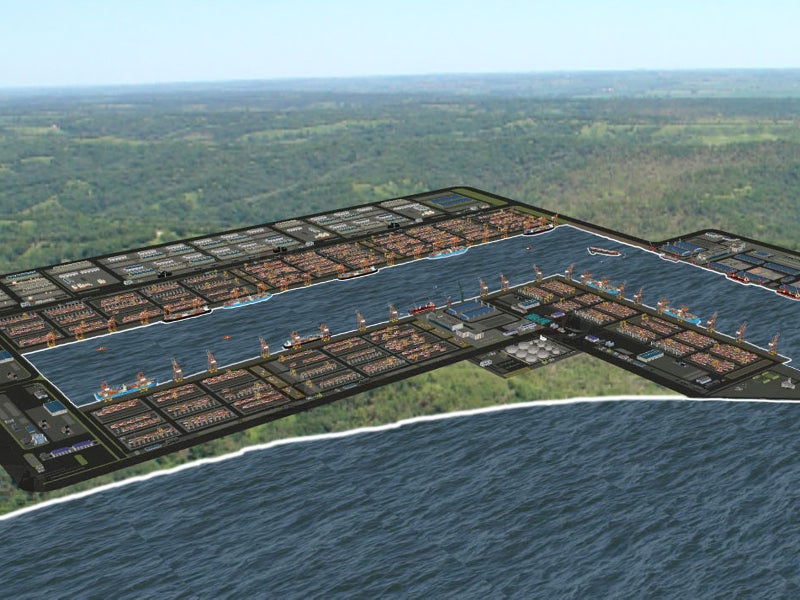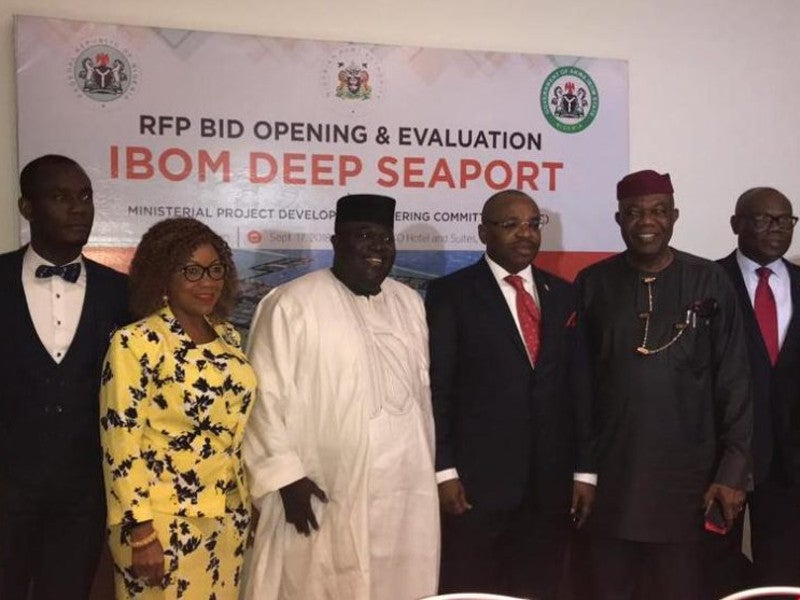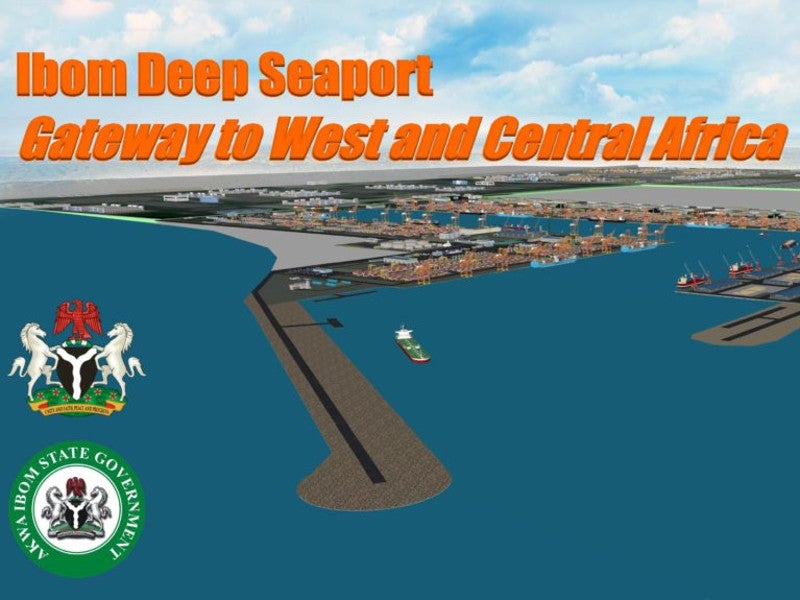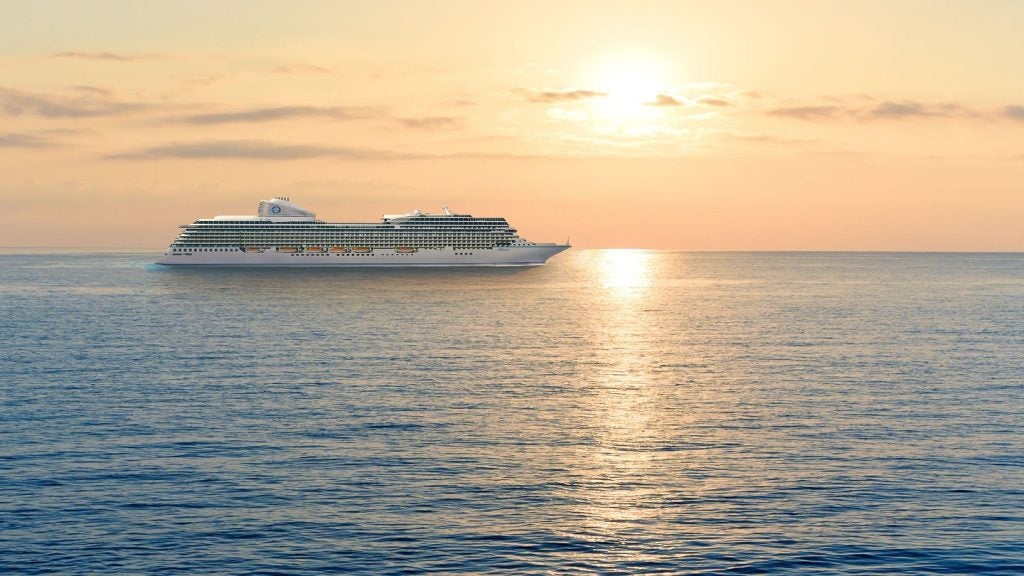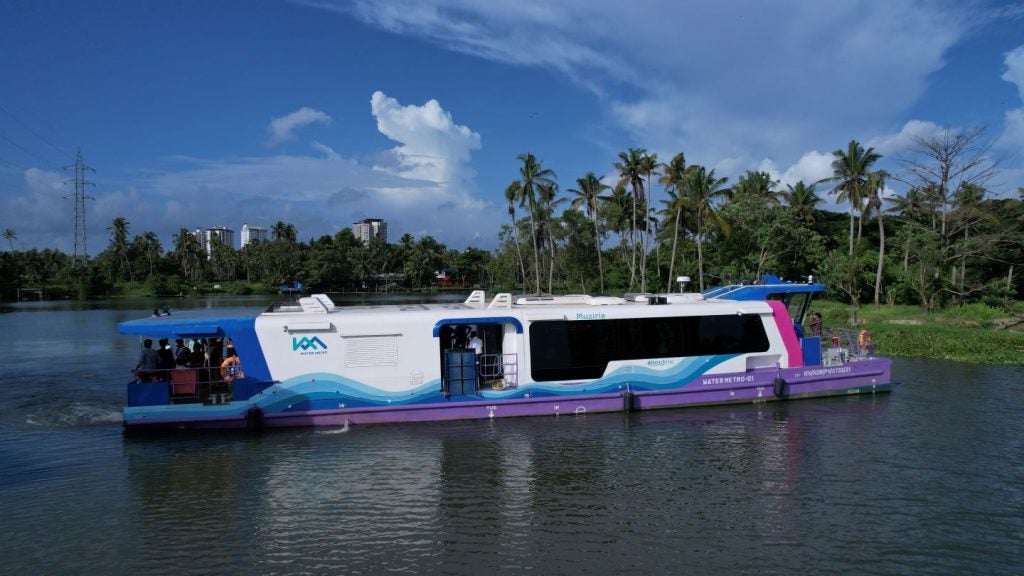Ibom deep seaport (IDSP) is being developed in the south-east region of Akwa Ibom State, Nigeria, and is a key component of the state’s economic empowerment plans.
The Federal Government of Nigeria will own the deep seaport through Nigeria Ports Authority in partnership with Akwa Ibom State Government and private investors.
The $4.2bn IDSP project is being developed by Akwa Ibom State Government through a public-private partnership (PPP). The IDSP PPP arrangement received approval from the Federal Government of Nigeria in May 2015. Request for qualification (RFQ) of the project was issued in January 2018.
The greenfield project is expected to become the Eastern Gateway of Nigeria and will provide vital port capacity for the country. It will also serve as a trans-shipment port for the West and Central Africa region. It will mainly handle container, breakbulk, dry bulk, and liquid cargo.
Construction of the port is due to begin around the start of 2019 and is scheduled for completion in 2021.
Ibom deep seaport location and infrastructure
IDSP will occupy 2,565ha of land, while an additional 1,565ha is earmarked for future expansion.
It will serve areas such as Sao Tome joint development zone, Equatorial Guinea, Cameroun, Angola, Gabon, Congo, Democratic Republi of Congo, Niger, and Chad.
The port benefits from multi-modal connectivity offered by the location, with unparalleled access to coastal railway lines, Akwa Ibom International Airport, and an extensive national road network. A 30km-long road connecting IDSP to the federal highway will also be built as part of the project.
The development will also benefit the industries nearby and within the Ibom industrial city, including agriculture, petrochemicals, marine, auto assembly plants, and power plants.
The port will have a number of specialised terminals, which will handle post and new Panamax size vessels. Handling capacity is expected to grow from 1.2 million twenty-foot equivalent units (TEUs) in 2021 to four million TEUs in 2040.
Ibom deep seaport phase one and two details
Phase one of Ibom deep seaport project will involve development over approximately 505ha of land, which also includes dug-out basin. A new 20km-long and 450m-wide channel approach will be built to allow two-way traffic for vessels.
Two breakwaters 1,350m-long and 600m-long respectively will be built during the first phase. The port will also feature a naval facility to address security concerns in the region.
The IDSP will be extended with an additional 495ha of land during phase two. The new port area will be designed with a channel of 18.24m, turning basin and berth depth of 16.72m, and a quay length of 7.5km to house new Panamax-class vessels.
The port’s container terminals will have the capacity to accommodate up to 13 new Panamax-class container vessels and two large feeder vessels.
Contractors involved
The contract for building the port was awarded to a consortium of Bolloré Ports and PowerChina International Group in November 2018. The consortium will also be responsible for operating the port for 50 years.
Bolloré Ports will be responsible for operating all container activities of the port, while PowerChina will carry out the necessary works for developing the port infrastructure.
Global Maritime and Port Services (GMAPS) was contracted by Akwa Ibom State Government to provide transaction advisory services in December 2015. GMAPS is responsible for completing the master plan and producing a full business case for the project.
PwC, Nigeria was selected as the project manager for the Ibom deep seaport project.

